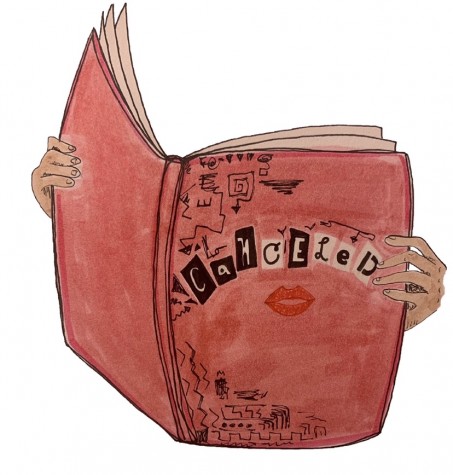Black and Asian Identities and Police Brutality
February 22, 2018
Although it’s been about two years, I still remember reading about the shooting of Akai Gurley, the indictment of the police officer Peter Liang and the outrage from the Chinese-American community who felt that he had been scapegoated. The case is somewhat unusual in two key respects: the death was accidental, and the officer actually faced indictment. As many news articles about the shooting will tell you, Peter Liang is the first officer in ten years to be convicted for an on-duty shooting in the NYPD, because although shootings certainly happen more frequently than that, through some machinations, the police force is usually able to shield their officers from most consequences. White officers like Darren Wilson or Daniel Pantaleo famously do not face punishment even when the shooting is more akin to murder than accident.
However, the reaction from the Chinese-American community at the time is what most concerned me: many were outraged, believing that Liang had been sacrificed to soothe mounting pressure from the Black Lives Matter movement and the many innocent black individuals killed, and that he should not face punishment since so many white police officers of similar or worse crimes get away entirely. And this reaction, while seemingly understandable, rests upon a fundamental misunderstanding of the nature of justice and identity. It’s no secret that Asian-Americans, specifically east Asian-Americans have recently enjoyed privileges not usually extended to other darker-skinned or lower-income minorities: no one is shooting unarmed Asian men for selling cigarettes, following them in grocery stores on the presumption of theft or incarcerating them in disproportionate numbers. The systemic racism that exists to the detriment of black Americans simply does not affect east Asian-Americans in the same way.
Yet the misunderstanding of justice seems to be fairly simple in this case: the justice system has never been truly fair, and has in fact always been designed for the benefit of white Americans. And at the end of the day, Asian-Americans are not white. The miscarriage of justice to the benefit of white police officers should not have galvanized the Chinese-American community to demand the same privileges, but rather re-examine what’s going on. If anything, the Chinese-American community is acute in seeing that yes, perhaps Peter Liang was a sacrificed to soothe the tensions, but he was sacrificed because he was Asian, and because he wasn’t white. The source of the problem is still white privilege. And the same racism that led Liang to have heightened awareness in the Pink House, and fear of black Americans is the likely the same racism that led to him being offered up, instead of shielded, and led to him being convicted when so many others weren’t. Yet ironically, because of mounting pressure from the Chinese-American community, Liang was only sentenced to probation and community service. No one wins. Asian-Americans, despite their demands, cannot have the privileges of white Americans, and black Americans continue to be killed.
And while these losses are in no way comparable, I think it’s fair to say that moving forward, the best plan of action for the Asian-American community is to remember the past: Asian- Americans were not always the facetious “model minority” and did not always have it as good as they have it now. Complicity in white hegemony and injustice works only as long as the white majority is willing to allow it. At any moment, things could change, and perhaps the exceptionally racist past will come back with a vengeance. One cannot and should not demand privilege that depends on whiteness as it merely serves to perpetuate the pre-existing power structures.





